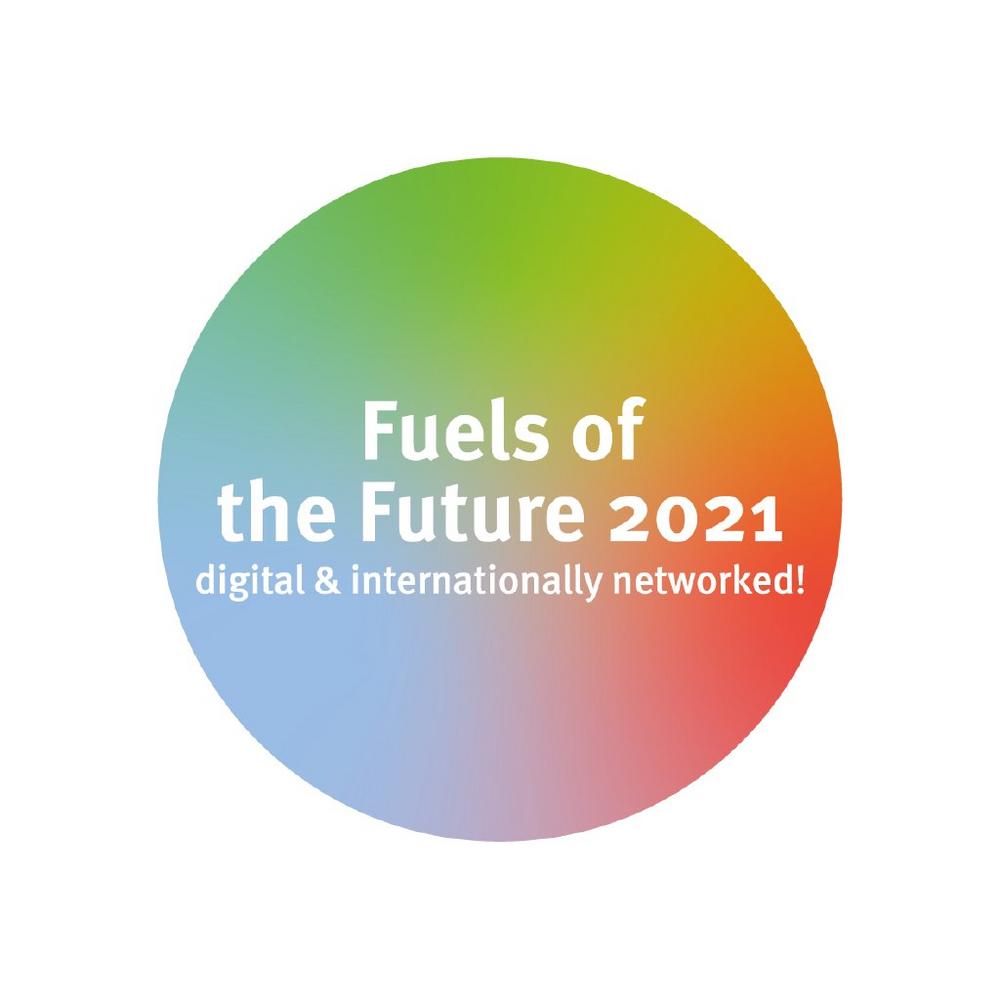Session 1: Climate protection – are we running out of time?
Over the past year, politicians have set the ball rolling on multiple fronts to mitigate climate change: the European Union’s Green Deal, the German Climate Change Act, billions of euros invested in research and development. Nevertheless, with forests fires raging from California to Siberia, the question is: are we running out of time for climate protection? Representatives from politics, industry and academia will discuss this question at the opening of the “Fuels of the Future” International Conference on Renewable Mobility, which will run from 18th-22nd January 2021. For the first time in its 18-year history, the conference will not take place in Berlin, due to the coronavirus pandemic, but will be held completely digitally.
In his introductory speech, Federal Minister of Transport Andreas Scheuer, will address strategies and measures for decarbonising the transport sector that have been launched by his ministry and the Federal Government during the German Council Presidency. One important strategy at the European level is promotion of hydrogen, which experts believe is already likely to play a greater role in the post-2030 period. The Federal Minister of Transport is supporting this event as conference patron.
Artur Auernhammer, Chairman of the Board, German Bioenergy Association (BBE), the main conference organiser, will open the conference by welcoming participants. He will examine the role of biofuels in future mobility; in contrast to electricity-based fuels such as hydrogen, biodiesel and bioethanol have been established on the market for years and will play an indispensable part in climate-change mitigation in the period up to 2030.
This raises the question of which priorities should be set to reduce emissions from road transport. Considering the issues from the perspective of the German Association of the Automobile Industry (VDA), Hildegard Müller VDA President will explore whether the automotive industry prefers biofuels, e-fuels or e-cars with a view to mitigating climate change.
One key question in this context is who will shoulder the cost. Karsten Schulze, TEO, General German Automobile Association (ADAC), tackles this consideration, in the process also evaluating national and EU biofuel policy.
By way of conclusion, Prof. Dr. Thomas Willner from the University of Applied Sciences in Hamburg explains the amazingly simple mathematics of climate-change mitigation and asks the provocative question: What are we waiting for?
Elmar Baumann, Managing Director, German Biofuels Industry Association (VDB), is the moderator for this session.
Session 2: Transposition of European provisions into nationale law (RED II, FQD, ect.)
At the 18th “Fuels of the Future” International Conference on Renewable Mobility, which will run for a week from 18th to 22nd January 2021, a total of 15 sessions will address technical and economic requirements for future drive systems and fuels for automobiles, aviation and shipping. In addition, these requirements will be examined against the backdrop of European provisions on climate-change mitigation and national legislation. The second session on the first day of the digital conference will therefore focus on topics such as the Renewable Energy Directive (RED II), German climate protection targets and the ensuing regulatory framework for renewable fuels.
The German Bioethanol Industry Association (BDBe) assumes that the market upturn for electric mobility or stricter fleet limits for passenger cars and commercial vehicles will not prove sufficient to attain the ambitious European targets for reducing traffic-related emissions in the transport sector by the 2030 deadline, either in Germany or in the other EU Member States. Against this backdrop, a differentiated appraisal of alternative renewable fuels is enormously important. In 2019, use of sustainable bioethanol alone saved around 3.1 million tonnes CO2-equivalent from road-traffic emissions in Germany. That equates mathematically to one million zero-emission cars on German roads. That is a milestone not yet achieved by electric mobility.
In Session 2’s opening presentation, a representative of the Federal Government will explain the importance of e-fuels and biofuels for transposition of RED II into national legislation.
In the second paper in this session, Elmar Baumann, Managing Director, German Biofuels Industry Association (VDB), presents an overview of the volume of alternative fuels needed to achieve Germany’s climate targets in the transport sector.
Electricity-based renewable fuels are addressed in the third presentation. Werner Diwald, Chairman of the Board, German Hydrogen and Fuel Cell Association (DWV), will examine a regulatory proposal for roll-out of electricity-based fuels based on offsetting emission reductions against European CO2 fleet-regulation provisions.
In the concluding paper of Session 2, Prof. Dr. Christian Küchen and Benedikt Wirmer from the German Petroleum Industry Association (MVV) will discuss how to create the right regulatory framework for renewable fuels in the context of energy taxation schemes.
Stefan Walter, Managing Director, German Bioethanol Industry Association (BDBe) will moderate the session.
The complete programme, information on registration and the exhibitor forum can be found at www.fuels-of-the-future.com.
Your registration for – Early bird rate:
If you book until 30.11.2020 you benefit from an attractive early bird rate and can save up to 180,00 €. Click here to go directly to the registration.
Over the Federal association bio energy registered association. (BBE) The Federal Association of Bioenergy e.V. (BBE) is the umbrella organization of the German bioenergy industry. In the BBE, the players are organized along the entire value chain of the biogenic electricity, heat and fuel market: from biomass cultivation and its provision, through mechanical and plant engineering, to the planning and operation of bioenergy plants in the various sectors. As the umbrella organization of the bioenergy industry in Germany, the BBE bundles the interests of over 150 companies and professional associations: www.bioenergie.de
Bundesverband Bioenergie e.V. (BBE)
Servatiusstraße 53
53175 Bonn
Telefon: +49 (228) 81002-22
Telefax: +49 (228) 81002-58
http://www.bioenergie.de
Referentin für Veranstaltungs- und Kongressmanagement
Telefon: +49 (30) 2758179-25
E-Mail: kastner@bioenergie.de
![]()

